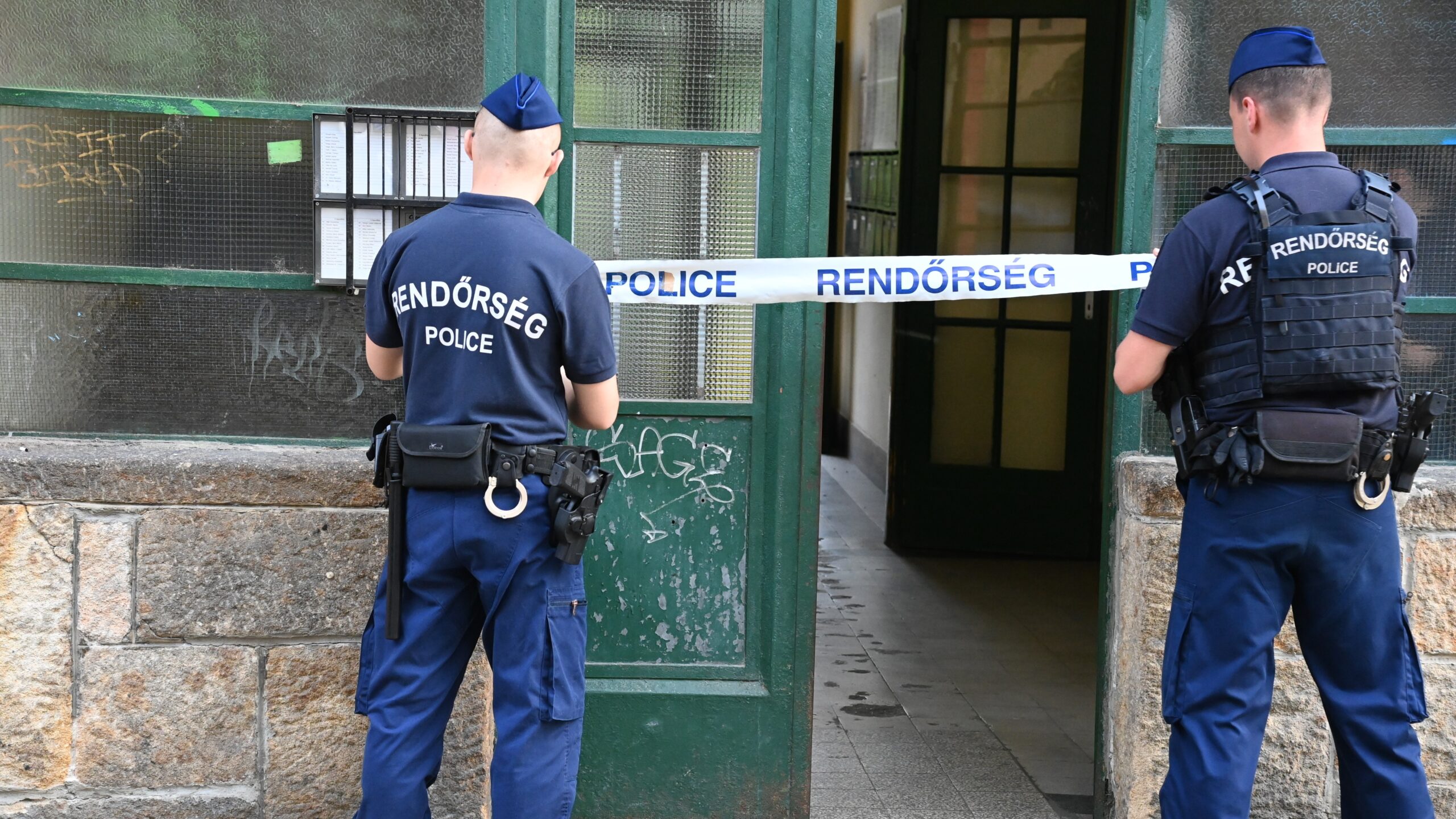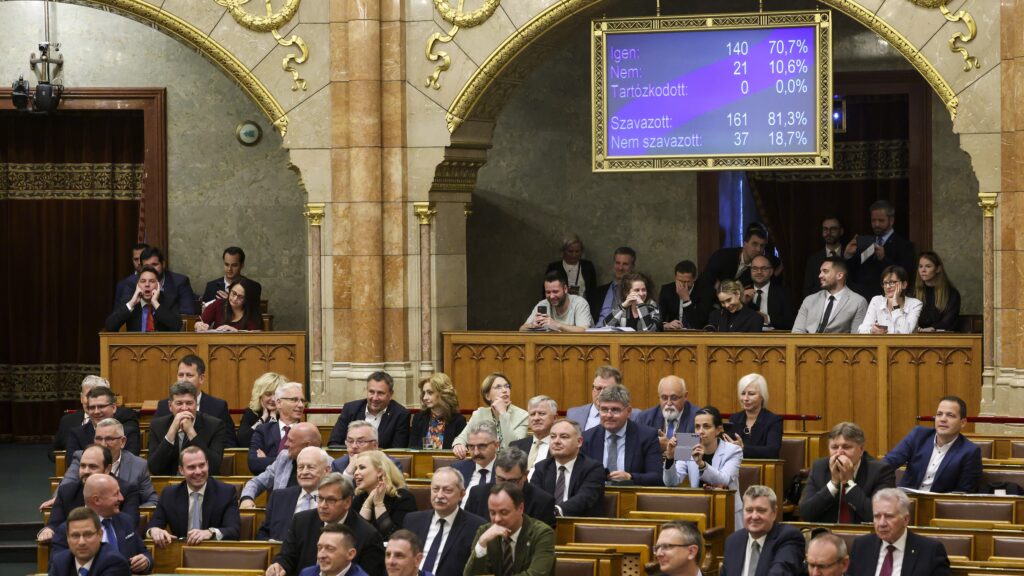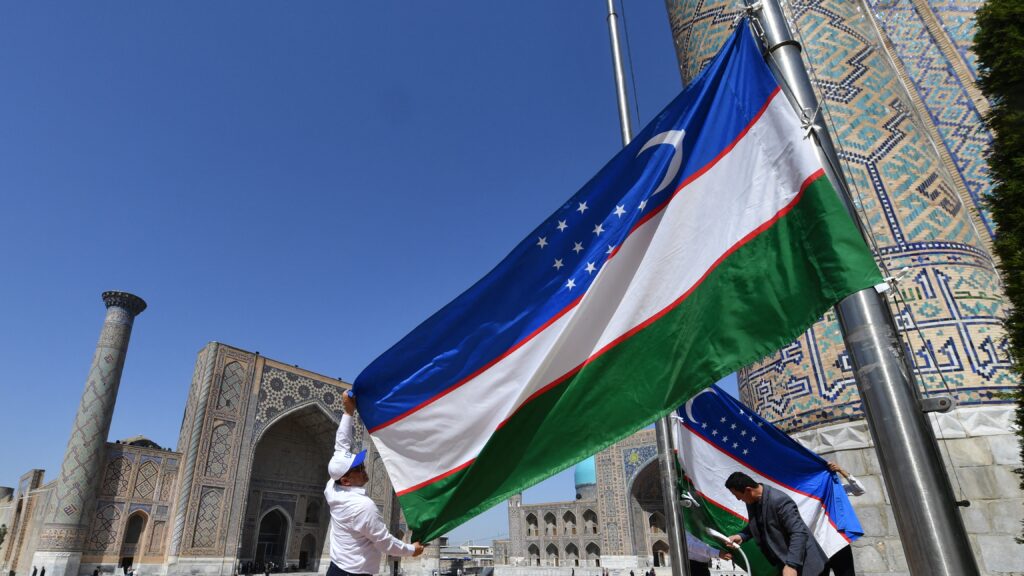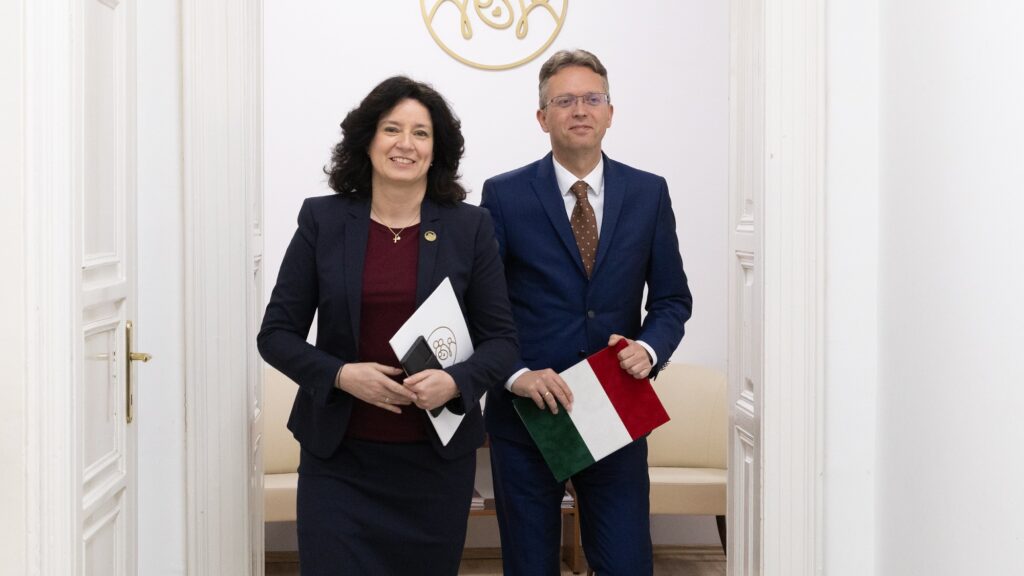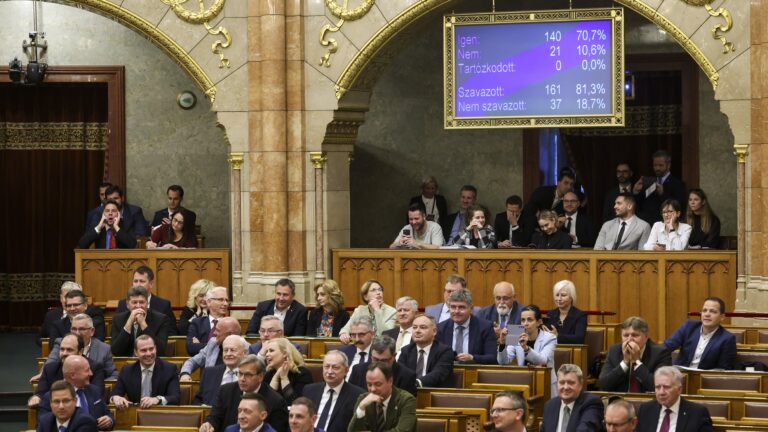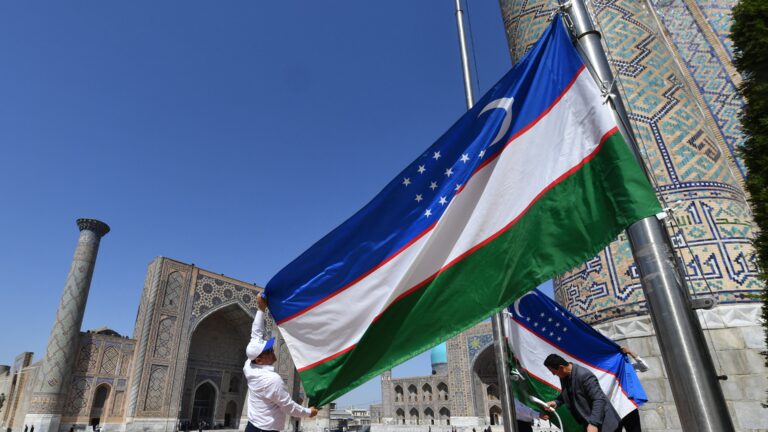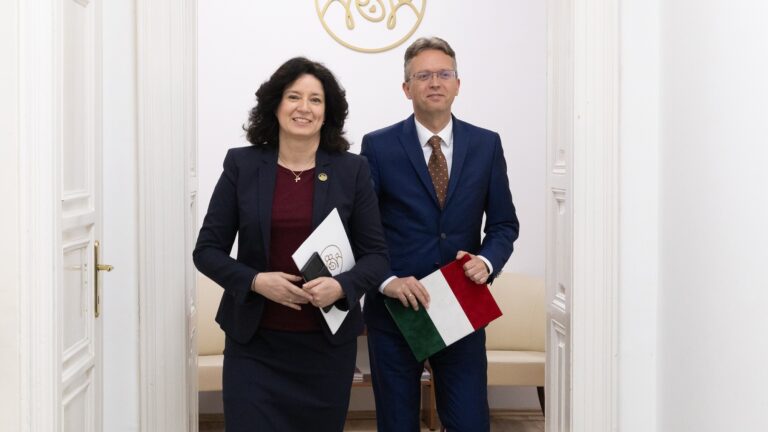‘Drug dealers belong in prison,’ Parliamentary State Secretary of the Ministry of Interior Bence Rétvári stated during an announcement about the establishment of a new anti-narcotics police unit. Speaking on the M1 news channel on Tuesday, Rétvári emphasized the government’s commitment to combating drug-related crime and protecting citizens from the devastating effects of addiction.
The new unit, named the Office for Combating Drug Crime, was established on 1 January under the National Bureau of Investigation. Comprising 150 officers, it is supported by a 60-member rapid response team capable of conducting raids on drug distribution networks across the country. Rétvári highlighted that the unit’s primary goal is to map and dismantle organized crime groups involved in narcotics trafficking.
Rétvári stressed the severity of drug addiction, describing it as a crime that destroys lives, families, and futures. ‘Drug addiction overrides everything—work, family—, it takes away people’s futures. It’s a biological and constitutional issue how easily someone becomes addicted, and many users eventually turn into dealers themselves. That’s why we must prevent even the experimentation with drugs,’ he explained. The government’s conservative drug policy focuses on prevention and eradication rather than harm reduction.
In an interview on public Kossuth Radio, Rétvári compared the new unit to a previous initiative targeting online fraud. The anti-narcotics unit, headquartered in Budapest with six regional centres, will collaborate with county police headquarters to coordinate nationwide efforts.
The State Secretary also raised concerns about the affordability of new, internationally sourced drugs, which can cost as little as 2,000 or even 500 Hungarian forints per dose. ‘These drugs are extremely dangerous, and we must take action against them,’ he warned.
Rétvári criticized Budapest’s municipal leadership for its approach to drug policy, accusing it of enabling drug use rather than combating it. ‘Their drug strategy focuses on regulated drug use, including “shooting rooms” and drug-testing centres, almost as if they were promoting consumer protection in this area. It’s completely nonsensical and very dangerous,’ he opined.
The government’s stance contrasts sharply with previous proposals by opposition figures, such as Péter Márki-Zay, who advocated for the decriminalization of certain drugs. Rétvári argued that such policies fail to address the root of the problem. ‘Those who become drug addicts see their lives ruined, consumed by the need to obtain drugs. We must act ruthlessly against traffickers who profit from destroying others’ lives,’ he asserted.
The new unit has already seen success, with its first operation in Pécs resulting in the seizure of 45,000 doses of narcotics worth 150 million forints. However, Rétvári expressed regret over Budapest’s lack of cooperation, stating: ‘It’s unfortunate that Budapest is not aligned with this approach. Instead of supporting this work, they worsen the issue.’
Related articles:

